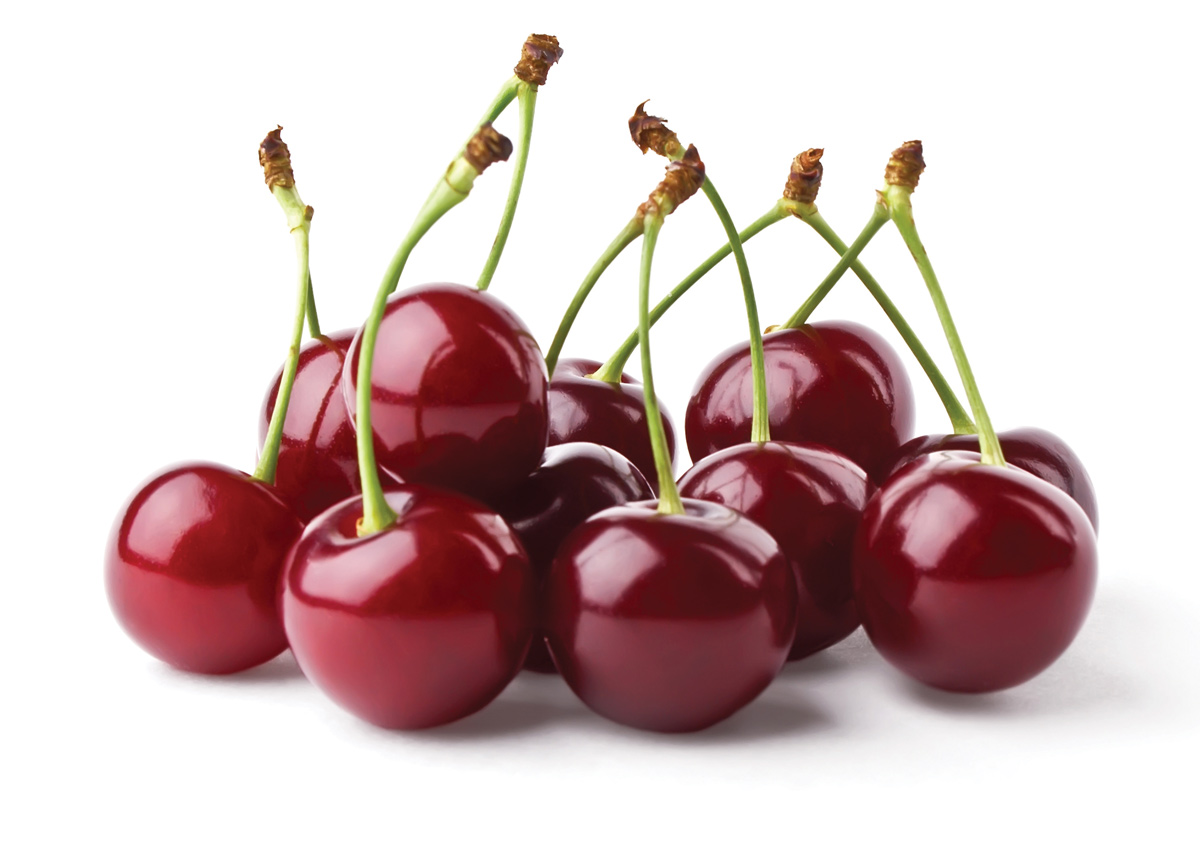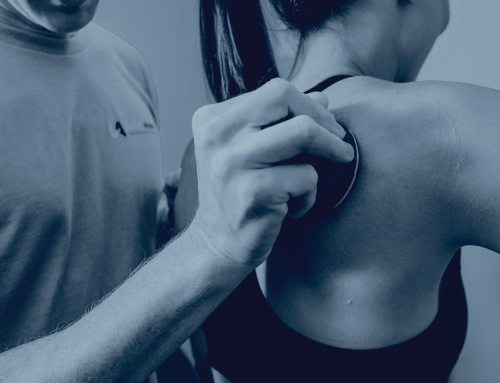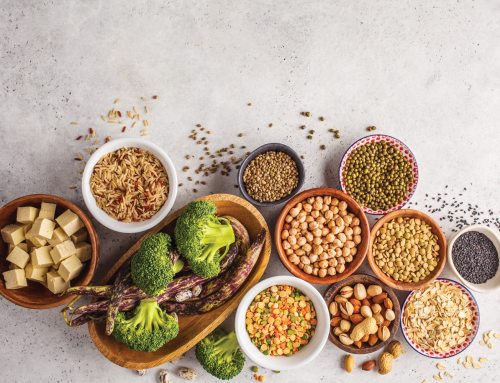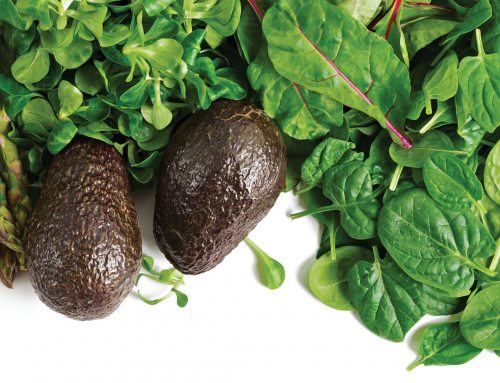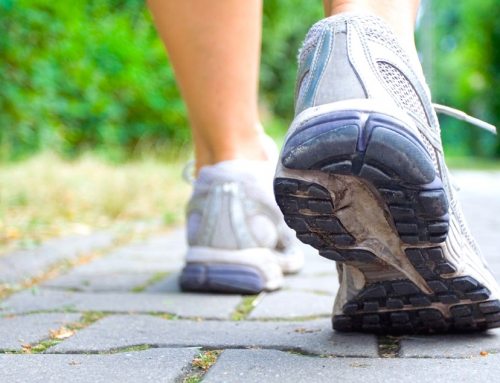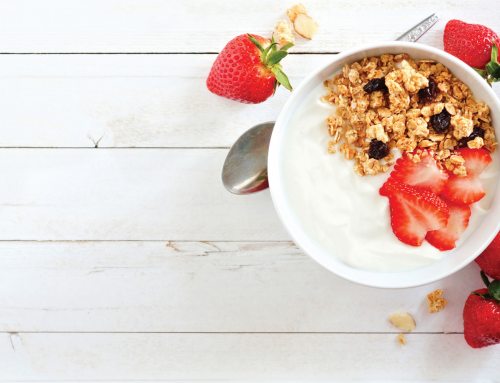By Chris Newport
Sleep. Everyone needs it, whether we like it or not. As athletes, it’s the most effective method of recovery. In fact, athletes lacking their zzzz’s are at increased risk of getting sick and hurt. Plus, training is practically worthless without adequate sleep. But are there real foods or nutrition strategies that can help you get quality sleep?
Recently, tart cherry juice has been researched in athletes as a method to aid recovery following hard exercise. Tart cherry juice is rich in melatonin, a hormone made in the pineal gland, located just above the brain. Melatonin is associated with sleep but also acts as an antioxidant. During the day, the pineal gland is inactive. When it’s dark outside (or inside), the pineal gland is turned “on” and begins to make melatonin (usually around 9pm), which decreases your alertness and encourages you to sleep (aka recover). In fact, daytime levels of melatonin aren’t even detectable. Lights from computer screens, TVs and phones will inhibit the release of melatonin. In one small study, subjects with chronic insomnia had mild symptom relief after drinking 2 cups of tart cherry juice per day.
Melatonin is synthesized by serotonin, a calming hormone that is derived from the amino acid tryptophan. While one may associate tryptophan with Thanksgiving turkey, it’s not well absorbed by the body if there are other protein sources and amino acids “competing” with it. But by eating carbohydrates, tryptophan can pass easily from the blood into the brain. In fact, as little as 4% protein in a carbohydrate meal can inhibit the proper ratio of tryptophan necessary to produce serotonin. So instead of your evening protein shake, try a glass of tart cherry juice instead.
Don’t like cherries? Try some kiwi. One small study researched kiwifruit in people with mild sleep problems. After eating 2 kiwis 1 hour before bed for 4 weeks, participants fell asleep faster, slept longer, and woke up less. Seems like a pretty healthy, delicious and harmless strategy to try, right?
Also consider how much magnesium you get in your daily diet. Magnesium is an essential mineral important in over 300 functions in the body, including muscle relaxation and blood pressure regulation. Most people only get about 60-70% of the daily recommendations. Since magnesium is lost in sweat, athletes’ requirements of this mineral increase by 10-20%. Even a small deficiency impairs performance and intensifies the negative effects of heavy exercise, like muscle cramping and sleep disruption. Common food sources include pumpkin seeds, sesame seeds, almonds, spinach, swiss chard, and coconut water.
While certain foods and nutrients may benefit sleep, there are several that can make it worse. Excess fluids, alcohol, fried foods, certain food preservatives, and heavy meals can disrupt quality deep sleep. Stimulants like caffeine from coffee and green or black tea, theobromine from cocoa and dark chocolate, and capsaicin from spicy peppers can also negatively affect sleep.
So if you’re looking for a performance gain, consider some simple nutrition strategies for high quality sleep and the best recovery.
Chris Newport, MS, RDN/LDN, EP-C, CISSN is a Registered Dietitian, Certified Sports Nutritionist, USA Triathlon coach, exercise physiologist, mom, and real-food advocate. She founded The Endurance Edge, an integrative coaching center in Cary, NC offering coaching, metabolic testing, sweat testing, nutrition, massage, physical therapy, & sport psychology, and more. Get your free hydration guide online at www.TheEnduranceEdge.com. Find her on Twitter or Pinterest @CoachChris_RD, YouTube or Facebook @TheEnduranceEdge, or Instagram @YourEdgeNC.


